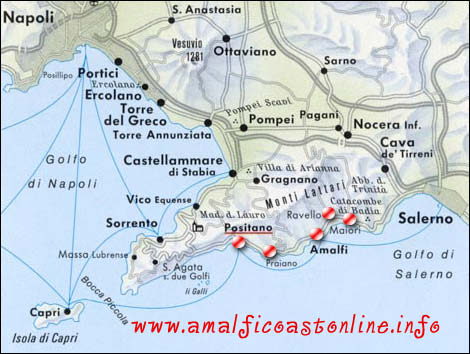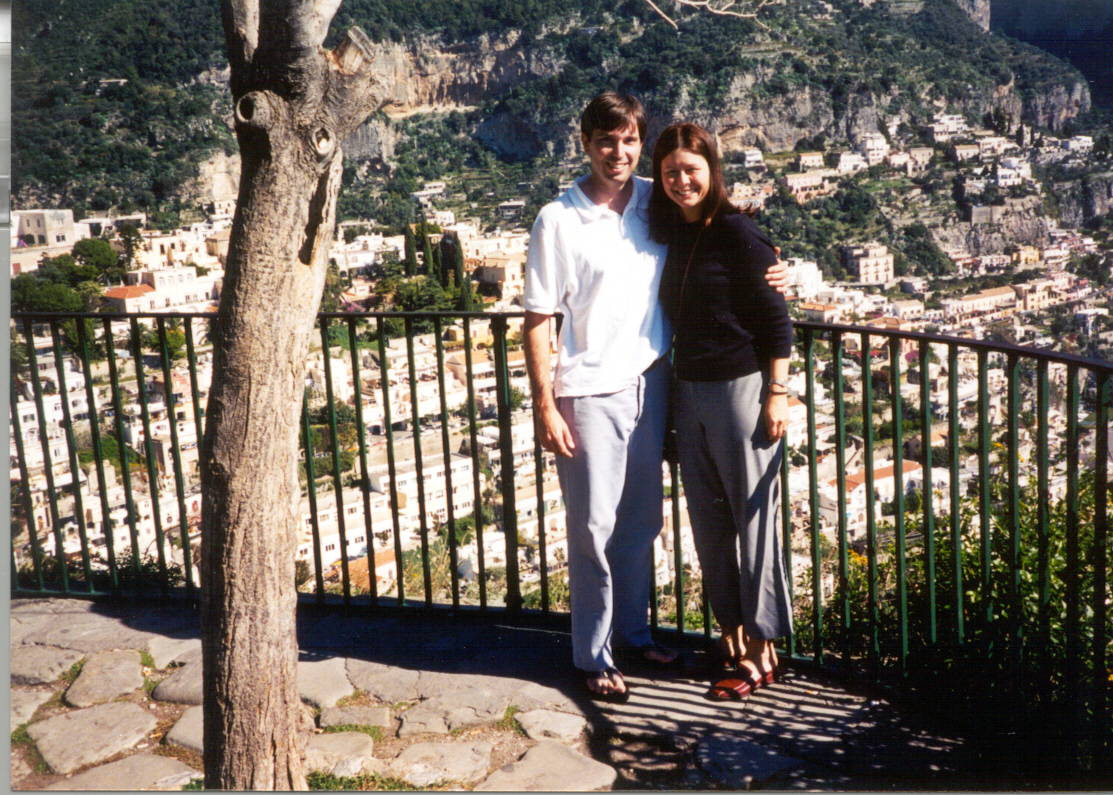
| 
|
Leon and I have visited Heaven on Earth. It is called Positano, Italy!

About Positano
The origins of Positano, like those of many other towns, are lost in the mists of time, so that it is difficult to distinguish between history and legend. As it often happened in the past, myths supplied for the lack of data. One of these myths tells us that Positano was founded by Poseidon, the god of the sea, for the sake of the nymph Pasitea whom he loved. It is certain that Phoenicians and Greeks travelling westwards landed in Positano, which at that time, was inhabited by Oschi and Piceni. The Romans built near the 'great' beach a rich patrician villa, which has now been buried by gardens and by the church devoted to Our Lady of the Assumption. With the fall of the Roman Empire, Positano became a part of the Republic of Amalfi, the first maritime republic, and went through a flourishing period, owning up to the commerce with the other countries of the Mediterranean area. Unfortunately, this period was followed by gloomy ones particularly during the Angevin and Aragonese domination, when the village was more than once exposed to the offence of the Saracen pirates, first, and, then of the Turkmen. A legend referring to that period says that the Saracen pirates, during an incursion, sacked the main Church and brought away, among other things, the Byzantine picture of Black Virgin, which was kept in the church and is now to be found in the apse over the high altar. They had just left the shore, when a voice was heard, that said: "Posa, posa". The pirates became aware of having committed a sacrilege, repented, came back ashore and restored all the ill-gotten goods. To defend themselves from the very frequent raids of the pirates, the inhabitants of Positano built three guard-towers, which can still be seen today in the quarters called "Fornillo", "La Trasita", "La Sponda" and some others in the inner part of the village. The Unification of Italy forced many inhabitants of Positano, as it happened for so many other people of South Italy, to migrate to America, where fortune smiled on some of them. After the First World War during which Positano also paid its great tribute of blood, this village, which was already the refuge of some Italian artists like Vincenzo Caprile, harboured many Russian and German artists and men of letters, who chose it for its peace and quiet. Thanks to the innate sense of hospitality of its inhabitants, Positano became one of the most famous tourist places all over the world. The village is also internationally known for its clothing production. Its favourable position put it in the center of a land rich of history and natural beauties.
 | 
| 
|


